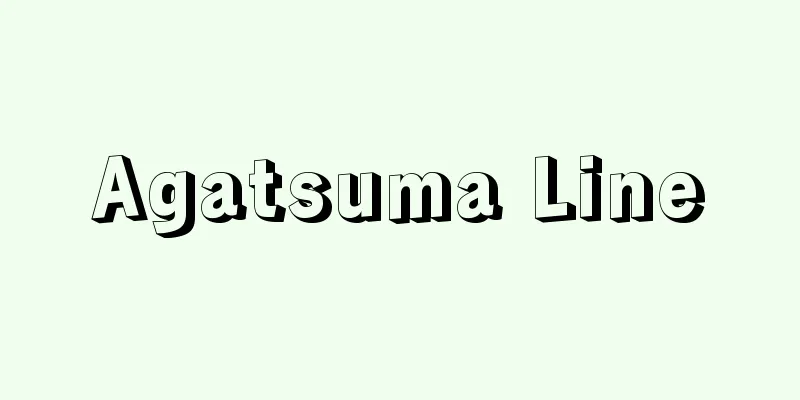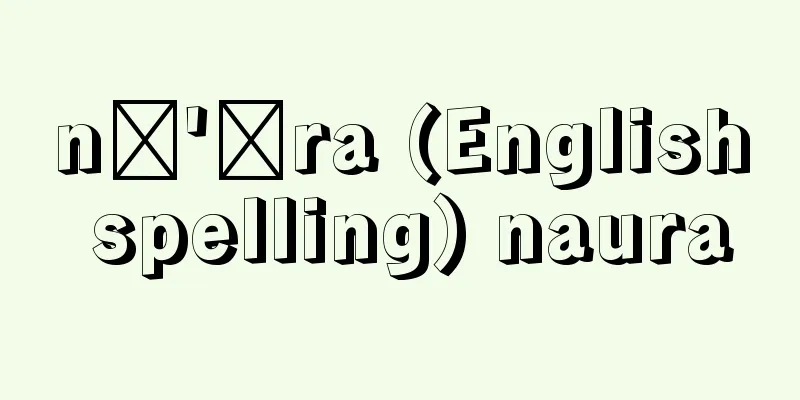Juraku - Juraku

|
A Buddhist term referring to the ten joys one can experience in paradise. In the Warring States period, ports and towns where merchants from various countries could freely trade were also described as ten pleasure ports and ten pleasure towns. Just as free markets and free places meant free business activities, in the Middle Ages, "ten pleasures" and "raku" came to mean freedom. → Related Articles Source : Heibonsha Encyclopedia About MyPedia Information |
|
仏教用語で極楽で味わえる10種のよろこびをいう。転じて戦国時代には,諸国商人の自由な取引が行われた湊・町を十楽の津,十楽の町などとも形容。また楽市・楽座が自由な営業活動を意味したように,中世では〈十楽〉〈楽〉は自由を表す語となった。 →関連項目放生津 出典 株式会社平凡社百科事典マイペディアについて 情報 |
Recommend
Papineau, Louis-Joseph
Born October 7, 1786 in Montreal Died September 24...
Mamushi (Viper) - Mamushi
A general term for dangerous venomous snakes in th...
Jurande
…At that time, France was in the midst of an econ...
Comoros - Union of Comoros
Located in the Indian Ocean between the African c...
Indian cuisine - Indo-ryori
The cuisine of the vast Indian subcontinent, whic...
Kaunitz, WA (English spelling) KaunitzWA
...From a world historical perspective, it was pa...
Okazaki Kahei - Okazaki Kahei
Businessman. Born in Okayama Prefecture. Graduate...
Fuchu [town] - Fuchu
Located in Aki District, Hiroshima Prefecture, sur...
moustique
...It is necessary to clarify the species to be e...
Local consciousness
A concept formed as self-consciousness about one&#...
Nucleohisto
... refers to a complex formed in a cell by the b...
Mukainota Tomb - Mukainota Tomb
This keyhole-shaped tumulus is located in Matsuyam...
UNDP - United Nations Development Programme
United Nations Development Programme. One of the U...
Montagu, J., 4th Earl of Sandwich
…[Shizuo Tsuji]. … *Some of the terminology that ...
Uralic language family
A general term for languages spoken in eastern ...









